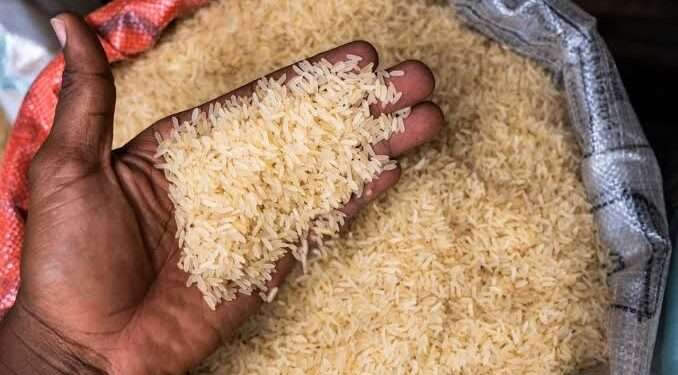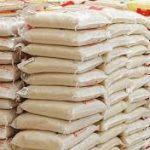A sharp drop in rice prices has swept through Lagos markets, offering relief to consumers but causing concern among traders already struggling with months of high food costs.
The price collapse follows a surge in rice imports through land borders, which has created an oversupply and disrupted market stability.
According to the News Agency of Nigeria (NAN), the price of a 50kg bag of rice, previously sold for about ₦85,000 earlier this year, now ranges between ₦55,000 and ₦70,000, depending on the brand and location. The drop represents as much as a 35 per cent decrease in some markets.
Analysts link the price fall to a combination of increased imports and improved local harvests. Although rice importation remains restricted, a temporary duty waiver on essential food commodities , including rice , has led to a flood of cheaper imports. With supply now exceeding demand, prices have tumbled.
For many consumers, the development has brought long-awaited relief amid persistent food inflation. Shoppers at major markets such as Mile 12, Oyingbo, and Arena (Oshodi) described the price drop as a welcome respite.
“With rice now cheaper, we can finally stretch our budgets,” a shopper at Mile 12 said. “Even if other food items remain expensive, this helps a lot.”
However, the situation is proving painful for traders who bought stock when prices were at record highs between ₦80,000 and ₦85,000 per bag. Many are now selling below cost to recover capital.
“The fall was too sudden,” a rice dealer at Oyingbo Market said. “We’re selling at a loss just to stay in business. Small traders may not survive this.”
The sudden crash has raised fears of possible business closures among small and medium-scale traders, exposing the fragility of Nigeria’s food supply chain.
The development also presents a policy challenge for the Federal Government, which must balance consumer welfare with the survival of local farmers and millers. Temporary import waivers may ease food prices in the short term but often weaken local production by allowing cheaper foreign rice to dominate the market.
Experts warn that the price relief could be short-lived. Once the temporary glut eases, prices may rebound ahead of the December festive season if domestic production continues to drop.
“Nigeria risks reversing progress toward rice self-sufficiency,” one analyst noted. “Without protection and incentives, many local millers could shut down.”
Traders and producers are urging the government to adopt consistent policies that stabilise the rice market and support long-term growth. They are calling for investments in storage facilities, logistics infrastructure, and sustained farmer support to strengthen the rice value chain.
As the government weighs short-term affordability against long-term sustainability, the future of Nigeria’s most consumed staple , and the stability of household food budgets , remains uncertain.










